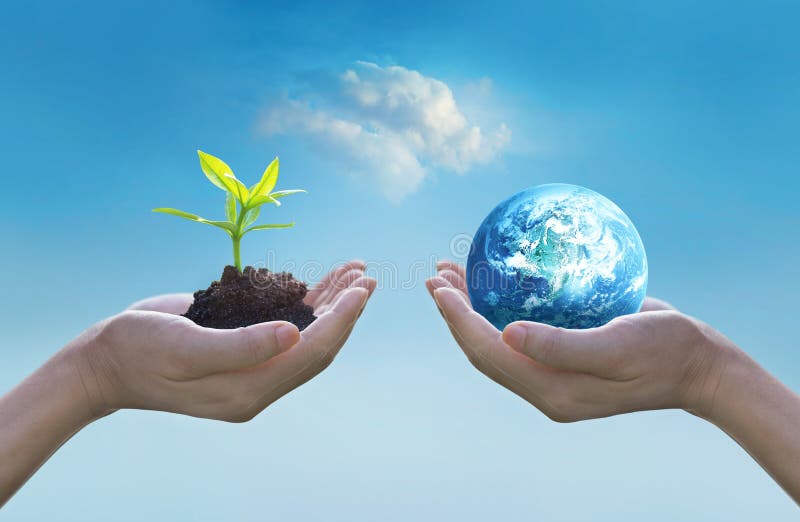In a world driven by rapid industrialization and technological growth, taking action to preserve the environment is not just a moral duty—it is a survival strategy for all humankind. Every individual, community, and nation depends on the Earth’s natural systems for clean air, fresh water, fertile soil, and a stable climate. Yet these systems are under immense pressure due to pollution, deforestation, and climate change. The HDI Six Nations, which reflect varying levels of human development and resource management, highlight the urgent need for sustainable practices across different societies. By taking action to preserve the environment, we secure the resources and stability necessary for life itself. The environment sustains us, and without it, human progress cannot continue.

Taking action to preserve the environment benefits global health in countless ways. Pollution from factories, vehicles, and plastic waste contributes to respiratory diseases, water contamination, and even cancer. The World Health Organization reports that millions of premature deaths each year are linked to environmental degradation. Clean air, uncontaminated water, and green spaces are essential to physical and mental well-being. When societies commit to taking action to preserve the environment, they reduce healthcare costs and create healthier living conditions. A clean planet is not just beautiful—it is the foundation of a healthy population.
Economically, taking action to preserve the environment is one of the smartest investments a society can make. Natural disasters fueled by climate change—such as hurricanes, floods, and droughts—cause billions of dollars in damage annually. In contrast, sustainable practices like renewable energy development, waste reduction, and conservation create jobs and long-term economic stability. By taking action to preserve the environment, nations can stimulate innovation, attract green investment, and build industries that benefit both people and the planet. Environmental preservation is not a barrier to prosperity; it is the key to it.
Taking action to preserve the environment is also essential for ensuring food and water security. Unsustainable agricultural practices, deforestation, and water pollution threaten the ability of ecosystems to provide the essentials of life. Farmers depend on healthy soils, predictable weather, and pollinators to grow crops. When these are destroyed, food shortages and price increases follow. Similarly, contamination of rivers and groundwater limits access to safe drinking water. By taking action to preserve the environment, we protect the natural cycles that make food and water available to everyone. Without environmental care, no society can sustain itself.
The act of taking action to preserve the environment is also about protecting future generations. Every decision made today shapes the world that children and grandchildren will inherit. If we continue to deplete resources and destroy ecosystems, future generations will face a planet that is less hospitable, less productive, and more dangerous. Taking action to preserve the environment ensures that they inherit a world where biodiversity thrives, the climate is stable, and opportunities for prosperity remain open. It is an investment in the continuity of human civilization.
On a social level, taking action to preserve the environment promotes equality and justice. Environmental degradation often affects the poorest and most vulnerable communities first. Floods destroy low-income neighborhoods, droughts devastate farmers, and pollution poisons those without access to clean water or healthcare. By taking action to preserve the environment, societies can reduce these inequalities and create fairer living conditions. Environmental justice recognizes that everyone has a right to a safe and healthy environment, regardless of where they live or how much they earn.
Taking action to preserve the environment also strengthens communities and fosters cooperation. Environmental challenges like climate change and deforestation do not recognize national borders, which means solutions must be collective. When people, governments, and businesses work together to protect natural resources, they build trust and a shared sense of purpose. Communities that engage in tree planting, recycling, or clean-up programs not only improve their surroundings but also enhance social bonds. Taking action to preserve the environment creates unity through shared responsibility and common goals.
Education plays a powerful role in taking action to preserve the environment. When individuals understand how ecosystems function and how human actions affect them, they are more likely to adopt sustainable habits. Schools, media, and community programs can inspire people to reduce waste, conserve energy, and support environmental policies. Taking action to preserve the environment through education empowers citizens to make informed choices that benefit both themselves and the planet. Knowledge is the first step toward meaningful action.
Finally, taking action to preserve the environment nurtures a deeper connection between people and nature. Modern life often distances individuals from the natural world, yet human happiness and creativity are closely linked to it. Time spent in forests, parks, or by the ocean restores the mind and reminds us of our dependence on the Earth. By taking action to preserve the environment, we maintain these spaces of peace and inspiration. Protecting nature is not only a practical necessity but also a spiritual one—it reminds us of who we are and where we come from.
In conclusion, taking action to preserve the environment is in the best interests of everyone because it sustains health, supports the economy, ensures resources for the future, and unites humanity around a common cause. Every individual decision—recycling waste, conserving energy, planting trees, or supporting sustainable policies—contributes to a global effort that benefits all life on Earth. The planet does not belong to any one generation; it is a shared home entrusted to us all. Taking action to preserve the environment is not an option—it is the only path toward a future where people and nature can thrive together.